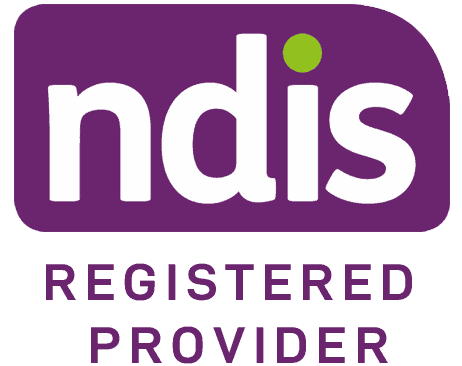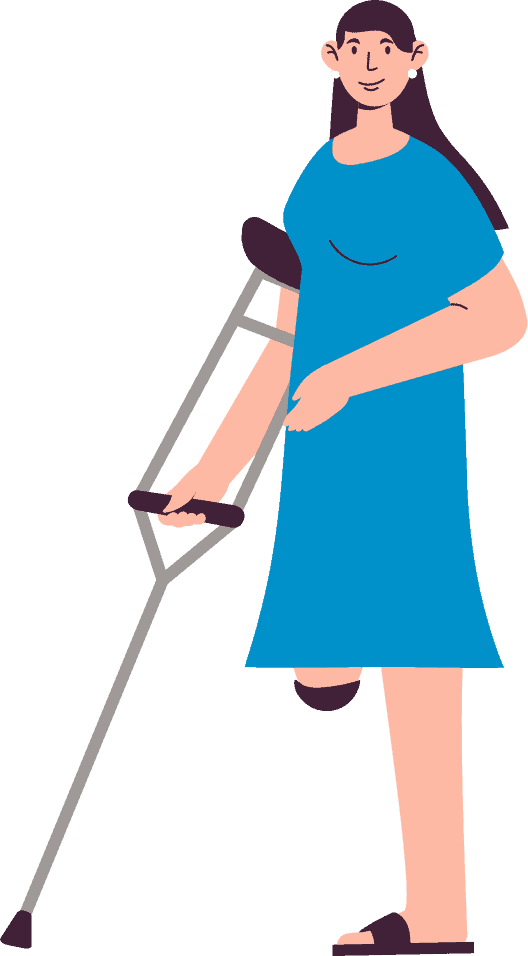The Role of Family Carers vs Support Workers with the NDIS.
Families and carers have an important role in the lives of people with disability. The NDIA recognises the importance of the caring role and aims to work with families and carers to support family well-being.
Families and carers may be supported in their caring role through a range of supports in a participants’ NDIS plan. This support can be offered directly and indirectly. Supports that enable sustainable caring by family members may include;
Family support and counseling due to a family members’ disability
Building the skills and capacity of other family members to manage the impact of a participant’s disability on family life
Supports that increase the participant’s independence, as well as supports that enable the participant to enjoy social and community activities independent of their informal carers.
Supports aimed at increasing the sustainability of family caring arrangement, including personal care and domestic assistance related to the person’s disability
Requesting a support worker to be included in family outings to provide assistance and guidance for the person with disability, especially where the family has other children to supervise and engage with. This allows for the person with disability to be included in family events and outings and provides opportunity for social participation.




